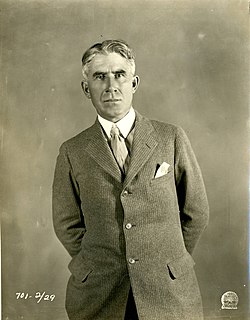A Quote by Zane Grey
Every once in a while I feel the tremendous force of the novel. But it does not stay with me.
Related Quotes
When you write your first novel you don't really know what you're doing. There may be writers out there who are brilliant, incisive and in control from their first 'Once upon a time'. I'm not one of them. Every once upon a time for me is another experience of white-water rafting in a leaky inner tube. And I have this theory that while the Story Council has its faults, it does have some idea that if books are going to get written, authors have to be able to write them.
The ambition of 'Ten Thousand Saints,' Eleanor Henderson's debut novel about a group of unambitious lost souls, is beautiful. In nearly 400 pages, Henderson does not hold back once: she writes the hell out of every moment, every scene, every perspective, every fleeting impression, every impulse and desire and bit of emotional detritus.
Once in a while - perhaps every 10 years, or even every generation - a novel appears that profoundly questions the way we look at the world, and at ourselves. Beijing Coma is a poetic examination not just of a country at a defining moment in its history, but of the universal right to remember and to hope. It is, in every sense, a landmark work of fiction
The libertarian approach is a very symmetrical one: the non-aggression principle does not rule out force, but only the initiation of force. In other words, you are permitted to use force only in response to some else's use of force. If they do not use force you may not use force yourself. There is a symmetry here: force for force, but no force if no force was used.



































